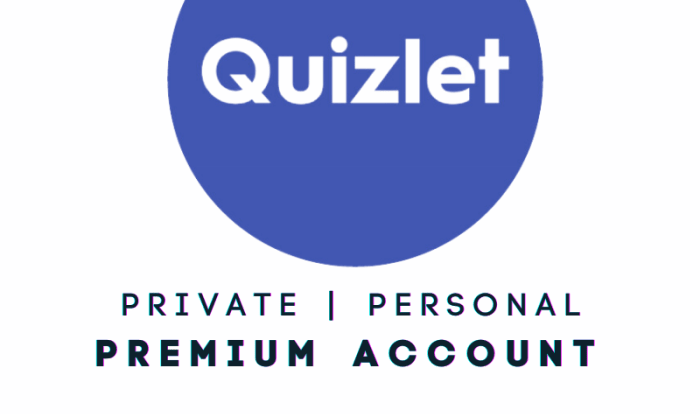Iowa test scores 99th percentile – Iowa Test Scores in the 99th Percentile: Unveiling the Significance and Strategies for Success. As we delve into the realm of educational achievement, the Iowa Test stands as a prominent benchmark, with scores in the 99th percentile representing an extraordinary level of academic prowess.
This comprehensive analysis will explore the significance of this milestone, examining the contributing factors, effective preparation strategies, and the broader implications for educational planning and national standards.
The subsequent paragraphs will provide a detailed examination of the factors that contribute to high Iowa Test scores, including the influence of socioeconomic conditions, effective teaching methodologies, and the role of parental involvement. We will also delve into practical guidance for students, offering tips and resources for effective preparation, as well as a structured study plan to maximize their performance.
Iowa Test Scores

The Iowa Test is a standardized achievement test administered to students in grades K-12. The test is designed to measure student achievement in the areas of reading, language, mathematics, science, and social studies.
The 99th percentile on the Iowa Test is a significant achievement. Students who score in the 99th percentile are among the top 1% of students in the nation in their grade level.
Average Iowa Test Scores for the 99th Percentile
The average Iowa Test scores for the 99th percentile vary depending on the grade level. However, in general, students who score in the 99th percentile typically score in the top 10% of their class.
Examples of Schools or Districts with Students Who Have Achieved the 99th Percentile on the Iowa Test
There are many schools and districts across the United States that have students who have achieved the 99th percentile on the Iowa Test. Some examples include:
- Thomas Jefferson High School for Science and Technology in Virginia
- Stuyvesant High School in New York City
- The Harker School in California
Factors Contributing to High Iowa Test Scores
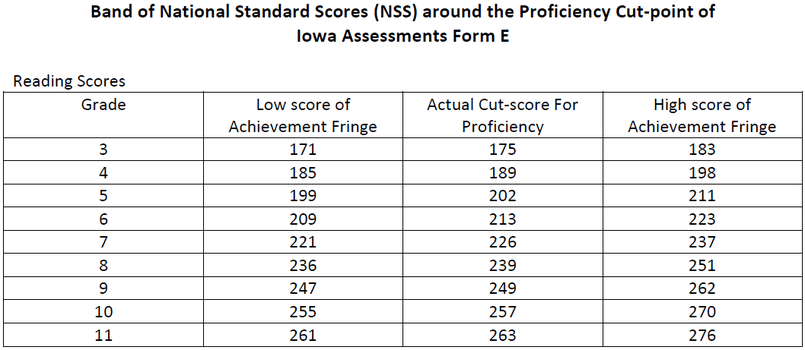
Iowa Test scores reflect the academic achievement of students in the state of Iowa. Several factors contribute to high scores on these tests, including socioeconomic factors, effective teaching methods, and parental involvement.
Socioeconomic Factors
Students from higher-income families tend to score higher on the Iowa Tests than those from lower-income families. This is likely due to several factors, including access to better educational resources, such as private schools, tutors, and enrichment programs.
Effective Teaching Methods
Effective teaching methods can also contribute to high Iowa Test scores. These methods include:
- Using research-based instructional strategies
- Providing students with opportunities to practice and apply their skills
- Creating a positive and supportive learning environment
Parental Involvement
Parental involvement is another important factor that can contribute to high Iowa Test scores. Parents who are involved in their children’s education can help them to develop good study habits, set high expectations, and provide support and encouragement.
Preparing Students for the Iowa Test: Iowa Test Scores 99th Percentile
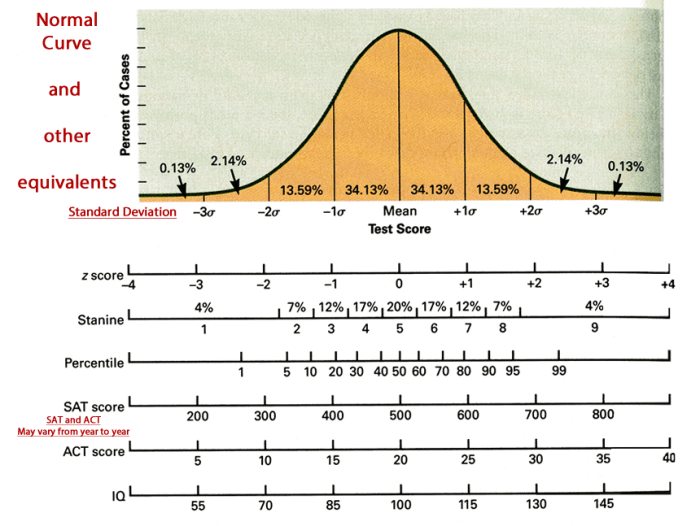
Preparing for the Iowa Test can be a daunting task, but with the right strategies and resources, students can maximize their performance. This guide provides practical tips, study materials, and a structured plan to help students prepare effectively for the Iowa Test.
Tips for Preparing
- Start preparing early: Begin studying several months before the test date to allow ample time for review and practice.
- Identify areas of strength and weakness: Take practice tests or consult with teachers to determine which sections need more attention.
- Create a study schedule: Establish a consistent study routine that includes regular review and practice sessions.
- Use a variety of resources: Utilize textbooks, online materials, and practice tests to enhance understanding and improve skills.
li>Practice under timed conditions: Simulate the actual test environment by practicing with timed tests to improve pacing and accuracy.
Resources for Preparation
- Official Iowa Test website: Provides practice tests, study materials, and test-taking strategies.
- Educational Testing Service (ETS): Offers official practice tests and test preparation resources.
- Khan Academy: Provides free online courses and practice questions for various sections of the Iowa Test.
- Test preparation books: Many publishers offer comprehensive study guides with practice questions and explanations.
Study Plan
A well-structured study plan is essential for effective Iowa Test preparation. Here is a suggested timeline and resource allocation:
| Month | Activities |
|---|---|
| 3 months before | Take a practice test to identify areas of focus |
| 2 months before | Begin regular study sessions, focusing on weak areas |
| 1 month before | Increase study frequency and practice under timed conditions |
| 2 weeks before | Review all materials and take practice tests to assess progress |
| 1 week before | Focus on reviewing key concepts and strategies |
| Test day | Arrive well-rested and prepared with necessary materials |
Using Iowa Test Scores for Educational Planning
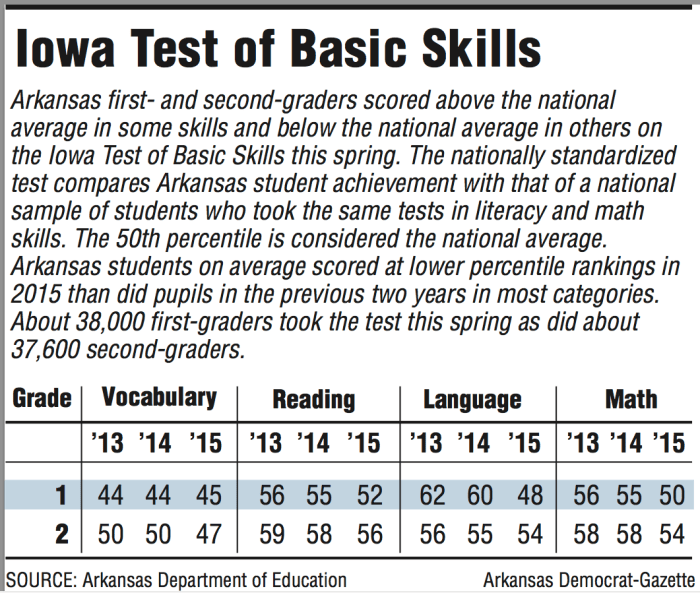
Iowa Test scores provide valuable insights into students’ academic strengths and weaknesses, informing educational planning and decision-making.
These scores can be used to:
- Identify areas where students excel and require enrichment.
- Determine areas needing improvement and develop targeted interventions.
- Monitor student progress over time and adjust instructional strategies accordingly.
Individualized Learning Plans
Iowa Test scores guide the development of individualized learning plans tailored to each student’s unique needs.
Based on test results, educators can:
- Assign appropriate instructional materials and resources.
- Provide differentiated instruction and support.
- Set realistic academic goals and track progress towards them.
College Admissions and Scholarships
Iowa Test scores play a role in college admissions and scholarship applications.
Many colleges and universities consider Iowa Test scores as part of their holistic review process, along with other factors such as GPA and extracurricular activities.
High Iowa Test scores can demonstrate a student’s academic ability and preparedness for higher education, potentially increasing their chances of admission and scholarship eligibility.
Iowa Test Scores in the Context of National Standards
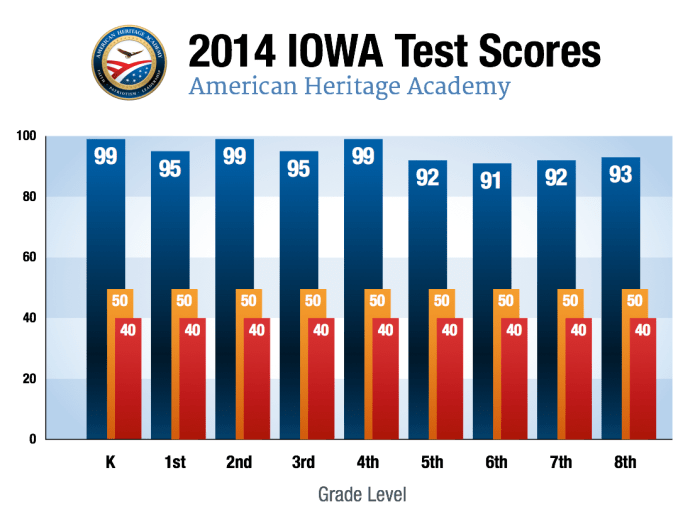
Iowa Test scores provide valuable insights into student performance in comparison to national norms and standards. By analyzing these scores, educators can identify areas where students excel and areas that require additional support.
In general, Iowa Test scores align with national expectations, indicating that Iowa students are performing at or above the national average in most subject areas. However, there are some notable differences between Iowa Test scores and national norms.
Reading
- Iowa students consistently score higher than the national average in reading, particularly in the areas of comprehension and vocabulary.
- This suggests that Iowa schools are effectively implementing reading instruction programs that are aligned with national standards.
Mathematics, Iowa test scores 99th percentile
- Iowa students perform at or slightly above the national average in mathematics, with particular strengths in algebra and geometry.
- However, Iowa students tend to score lower than the national average in areas such as statistics and probability.
- This indicates that Iowa schools may need to focus on strengthening instruction in these areas to meet national expectations.
Implications for Educational Policies
The findings from Iowa Test scores have implications for educational policies at both the state and national levels.
- At the state level, Iowa policymakers can use Iowa Test scores to identify areas where educational programs are succeeding and areas where improvements are needed.
- At the national level, Iowa Test scores can contribute to the development of educational policies that are aligned with national standards and that promote student achievement.
FAQ
What is the significance of the 99th percentile in Iowa Test scores?
The 99th percentile represents an exceptionally high level of academic achievement, indicating that a student has scored better than 99% of their peers on the Iowa Test.
What factors contribute to high Iowa Test scores?
A combination of factors, including socioeconomic background, effective teaching methods, parental involvement, and student motivation, play a role in achieving high Iowa Test scores.
How can students prepare for the Iowa Test?
Students can prepare for the Iowa Test by familiarizing themselves with the test format, practicing with sample questions, and developing effective study habits.
How are Iowa Test scores used for educational planning?
Iowa Test scores can be used to identify student strengths and weaknesses, develop individualized learning plans, and make decisions about placement and acceleration.
What are the implications of Iowa Test scores in the context of national standards?
Iowa Test scores can be compared to national norms and standards to assess student performance and identify areas where educational policies and practices need to be adjusted.


